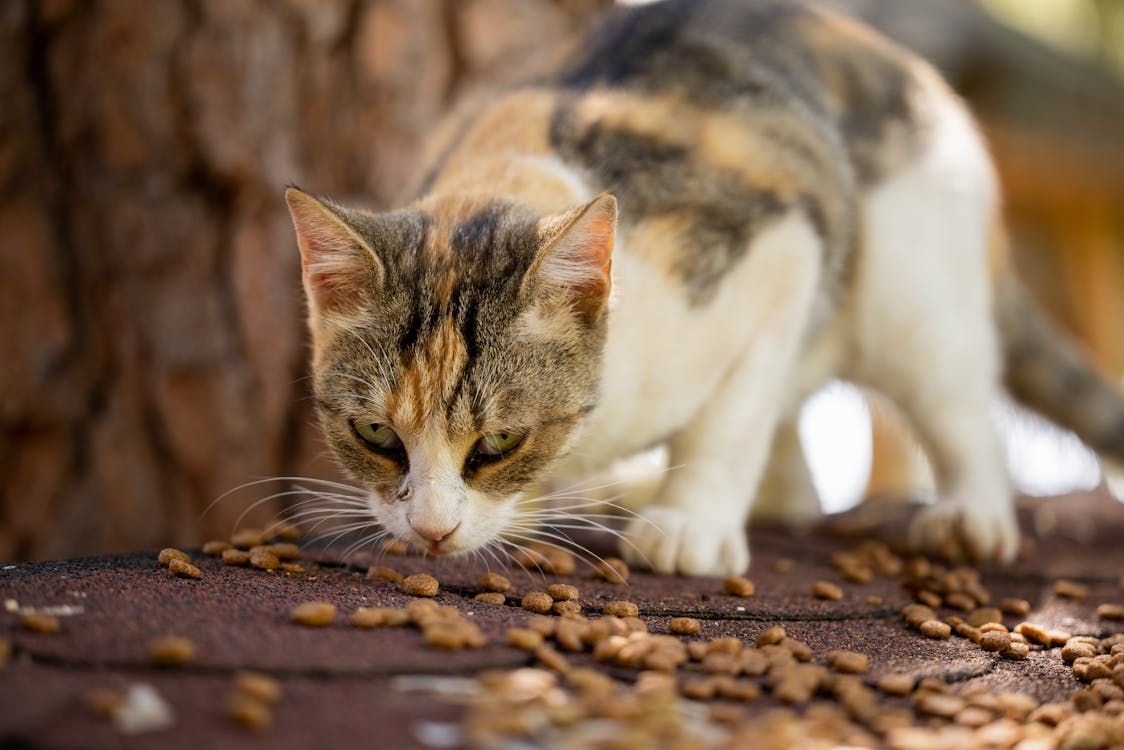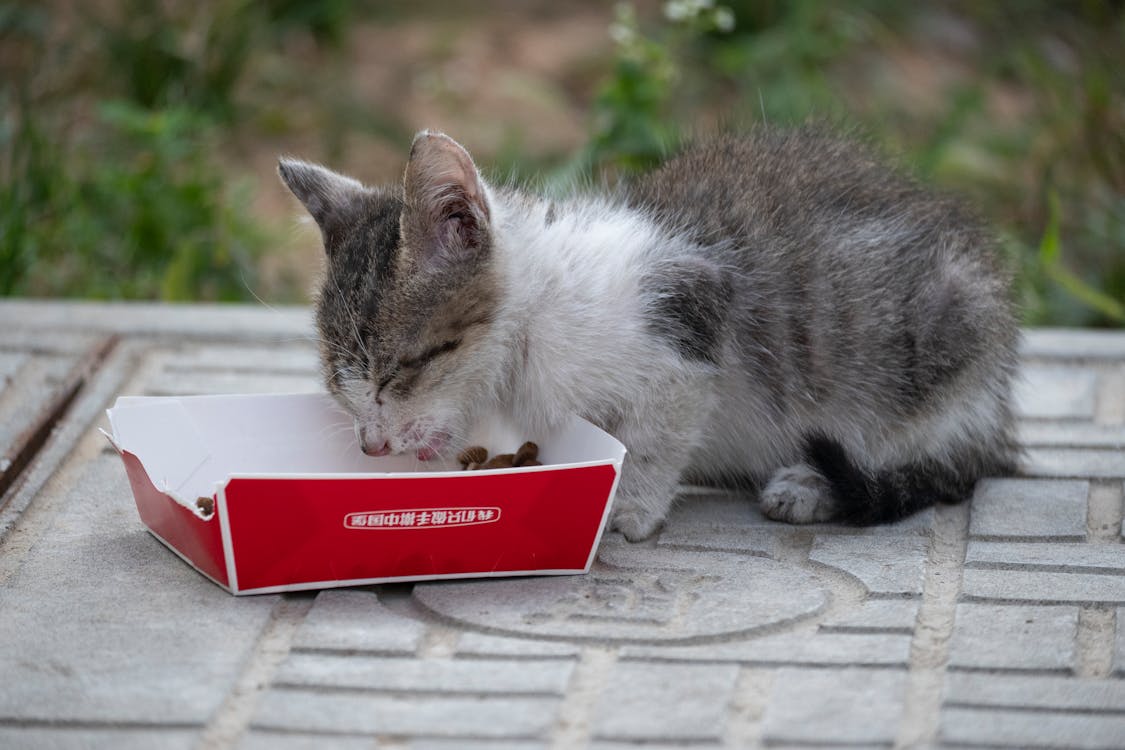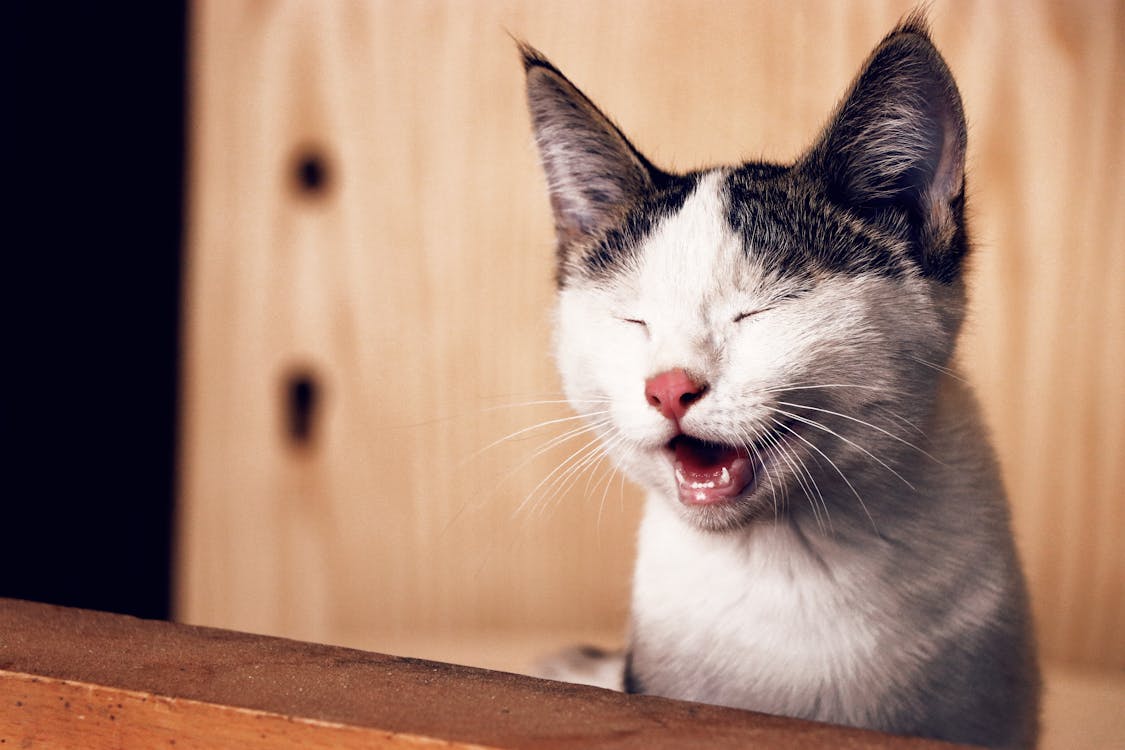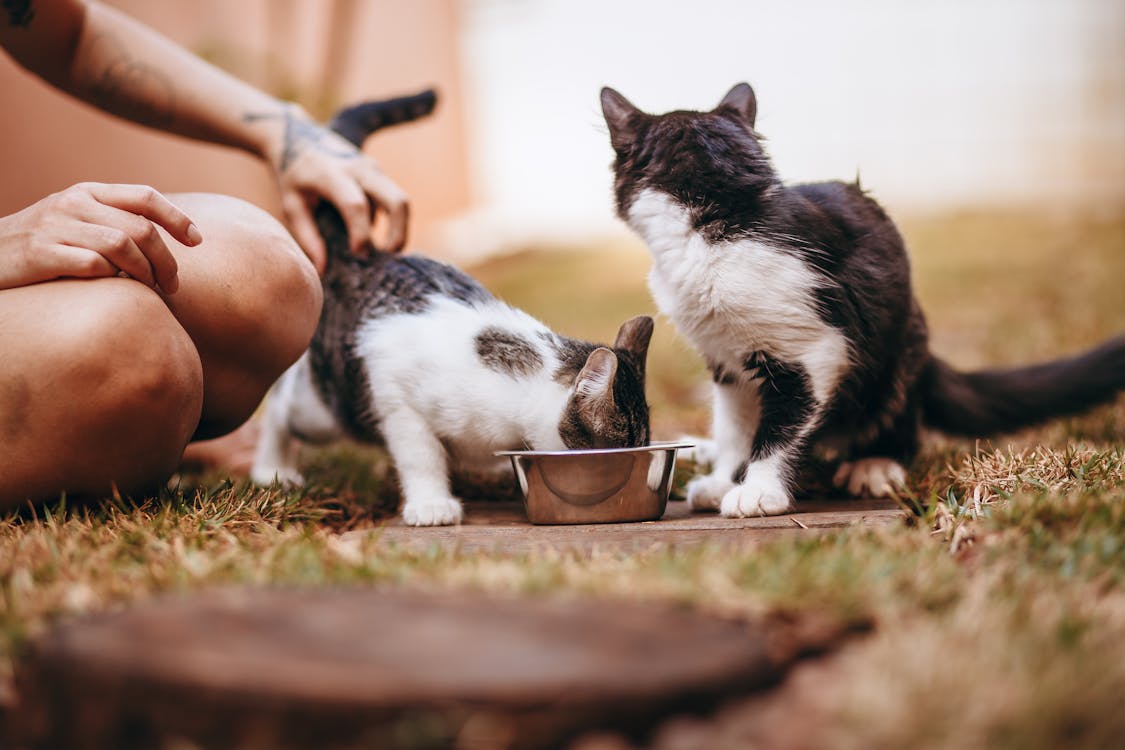It’s a tale as old as time: your feline friend is looking up at you with those big, pleading eyes. They’re trying to convince you that they are, indeed, on the brink of starvation. But before you cave and toss them another treat, let’s chat about the importance of their diet.
In the world of feline nutrition, not all cat foods are created equal. And when it comes to prescription diets, the stakes are even higher. Here’s a rundown of the top-rated vet-recommended prescription cat food.
Table of Contents
The Gold Standard: Royal Canin Veterinary Diet
Royal Canin is often the go-to brand for many vets, and with good reason. They offer a range of prescription diets, each designed to address specific health concerns and food sensitivities—from urinary care to weight loss.
The Trusty Contender: Hill’s Prescription Diet
Hill’s Science Diet is another brand that enjoys a strong endorsement from the vet community. Their Prescription Diet line offers a variety of options tailored to different health needs, including a standout selection for urinary tract health.
The Reliable Choice: Purina Pro Plan Veterinary Diets
Purina Pro Plan is known for its high-quality ingredients and rigorous production standards. Their veterinary diet line includes options for managing a range of conditions, from kidney disease to allergies.

The Emerging Player: BLUE Natural Veterinary Diet
While perhaps lesser-known than the big three above, BLUE Natural has been making waves with their range of prescription diets. If you’re looking for a natural approach to manage your cat’s health condition, this might be a brand worth considering.
Other Notable Mentions
Other brands like Eukanuba, Weruva, Tiki Cat, and Fancy Feast also came up in the recommendations. These brands may not have full-fledged prescription lines, but they do offer high-quality products that can benefit specific health issues.
Remember, the best food for your cat will depend on their individual health needs. Always consult with your vet before making changes to your cat’s diet.
When Your Cat Might Need Prescription Cat Food
Prescription cat food isn’t for every feline, but it can be a game-changer for those with certain health conditions. So, how do you know if your cat is a candidate for these specialized diets?
Identifying the Need
Generally speaking, prescription foods are best-suited to situations where your cat has a serious illness and normal food is no longer a good option. This can include chronic kidney disease, urinary problems, obesity, digestive issues, allergies, or weight management. It’s always important to consider their specific disease and condition.

However, it’s important to remember that prescription diets should only be used under the supervision of a veterinarian. Self-diagnosing and treating your cat’s health issues can lead to complications.
Controversies and Considerations
While prescription diets can be beneficial, some critics argue that they may not always be the best nutritional choice. They often contain corn, wheat, and soy, which are considered unhealthy for cats. Therefore, it’s crucial to have an open discussion with your vet about the pros and cons of prescription diets, and to consider other dietary changes or supplements that might also benefit your cat.
How to Introduce Your Cat to Prescription Cat Food
Transitioning your cat to a new diet, especially a prescription one, can be a delicate process. Here’s a step-by-step guide on how to make the switch.
Step 1: Consult Your Vet
Before making any dietary changes, consult with your vet. They can provide guidance on the best way to choose the right food and monitor your cat’s response to the diet.
Step 2: Gradual Introduction
When introducing the new food, do it gradually over a week or so. Start by mixing a small amount of the prescription food with your cat’s current food. Gradually increase the amount of prescription food while decreasing the amount of regular food.

Step 3: Monitor Your Cat’s Response
Keep a close eye on your cat during the transition. Look for changes in their eating habits, behavior, and overall health. If you notice any adverse reactions, contact your vet immediately.
Patience is key when introducing your cat to a new diet. It may take time for them to adjust, but with careful monitoring and guidance from your vet, the transition can be a smooth one.
How to Keep Your Cat Healthy: More Than Just Nine Lives
Cats are known for having nine lives — which would be awesome if it were the case. However, what we know is they only have one life with us, meaning we should take care of it because it is special. This means more than giving them treats.
Regular Vet Check-ups
You know that feeling when the doctor asks when was your last check-up, and you suddenly can’t remember if the president is still the same? Yeah, don’t do that with your cat. Regular vet check-ups are essential for catching any potential issues early on.
Exercise: No, Not Just Chasing Laser Pointers
While it’s hilarious to watch your cat try to catch that elusive red dot, physical activity is crucial. Whether it’s a fancy cat tree, engaging toys, or yes, even laser pointers, make sure your fur baby gets regular exercise.

Mental Stimulation: It’s Not All About the Bird Videos
Sure, your cat might love watching birds on YouTube, but mental stimulation can also come from puzzle toys, training sessions, or even socialization with other pets. Because hey, even cats need buddies.
Balanced Diet: More than Just Tuna Treats
Yes, we’re back to food. But it’s so important! A balanced diet, often including a mix of wet and dry food, can help maintain a healthy weight and muscle mass and prevent health issues. And remember, treats should make up no more than 10% of their daily calories – no matter how much they purr. Stick to what your vet recommends!
To Wrap Up
So there you have it. Taking care of your feline friend is more than just endless cuddles and funny memes (though those are great too!). It’s about providing them with the best care possible, including top-notch food and special diets.
So next time your cat tries to convince you they’re starving, you’ll be armed with the knowledge to make the best choice for their health. Now, who’s up for a “Lion King” rewatch with their favorite furball?

